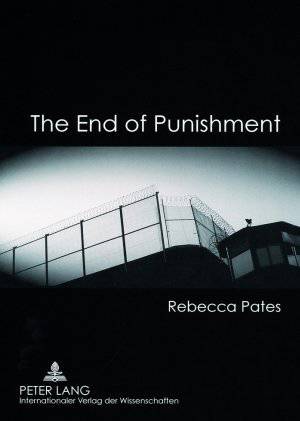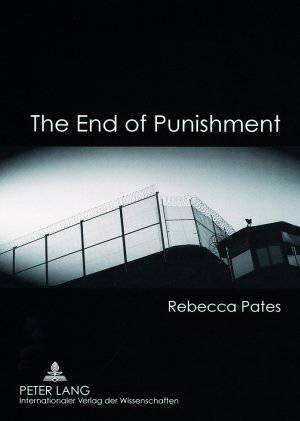
- Afhalen na 1 uur in een winkel met voorraad
- Gratis thuislevering in België vanaf € 30
- Ruim aanbod met 7 miljoen producten
- Afhalen na 1 uur in een winkel met voorraad
- Gratis thuislevering in België vanaf € 30
- Ruim aanbod met 7 miljoen producten
Zoeken
The End of Punishment
Philosophical Considerations on an Institution
Rebecca Pates
Paperback | Engels
€ 44,45
+ 88 punten
Omschrijving
Punishment is a critical aspect in evaluating the functioning of the state and the legitimacy of its authority. The main punishment in modern societies is imprisonment. What are prisons for? Whom are they meant to benefit? What are their effects? And, most importantly: can they be justified? Decades of empirical research have shown that doing nothing in response to crime has been shown to be just as effective (and considerably cheaper). If the ends are not achieved, the justifications are moot. This study considers the philosophical aftermath: Are we morally obliged to submit to institutions that don't work? What happens if we don't? Finally, this study considers the theoretical implications of the state getting out of the business of punishing by considering alternatives to state punishment in «First Nations» communities in Canada as an example of a practice after the end of punishment.
Specificaties
Betrokkenen
- Auteur(s):
- Uitgeverij:
Inhoud
- Aantal bladzijden:
- 132
- Taal:
- Engels
Eigenschappen
- Productcode (EAN):
- 9783631568279
- Verschijningsdatum:
- 4/07/2007
- Uitvoering:
- Paperback
- Formaat:
- Trade paperback (VS)
- Afmetingen:
- 148 mm x 210 mm
- Gewicht:
- 189 g

Alleen bij Standaard Boekhandel
+ 88 punten op je klantenkaart van Standaard Boekhandel
Beoordelingen
We publiceren alleen reviews die voldoen aan de voorwaarden voor reviews. Bekijk onze voorwaarden voor reviews.











